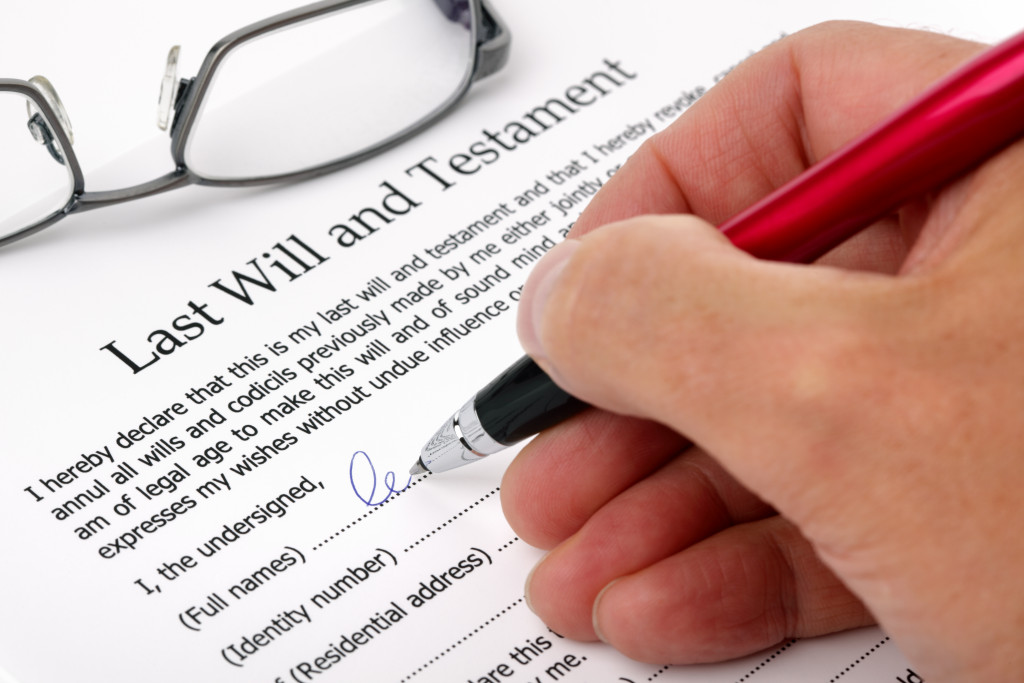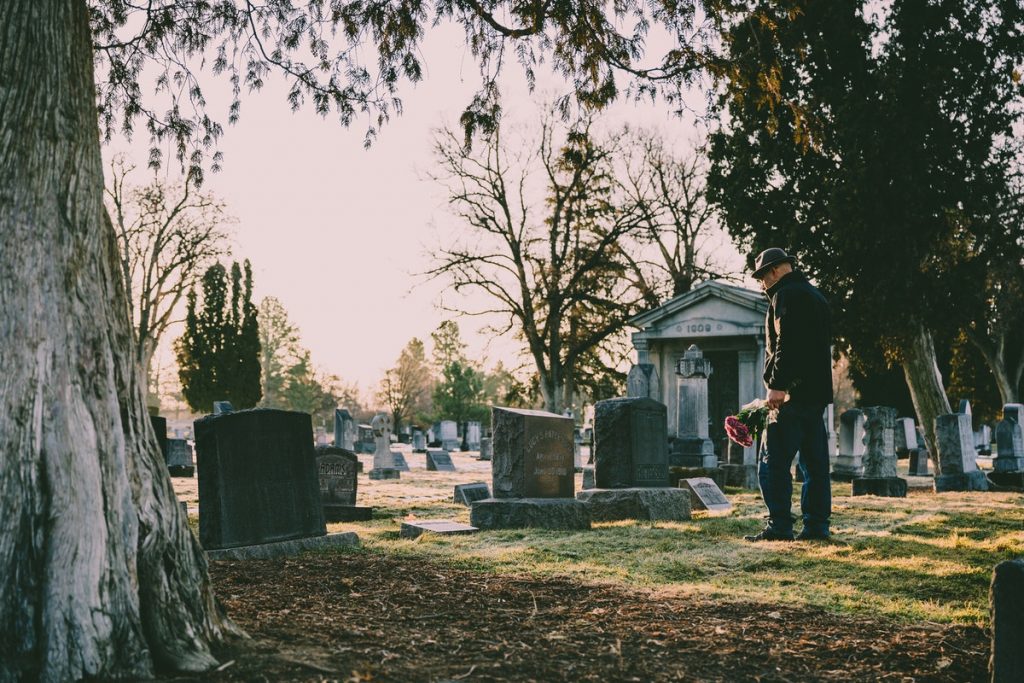When someone dies, their assets are distributed in a certain way depending on what type of will they have. If there is no will, the state will distribute the assets in a specific way. This article discusses how assets can be distributed after someone dies. So here are some options for what happens to your assets after you die:
Intestacy Laws
If you die without a will, your assets will be distributed according to your state’s intestacy laws. These laws are designed to protect your loved ones and ensure that your property goes to the people you would have wanted it to. However, these laws are not always perfect. In some cases, intestacy laws can result in your assets being distributed in a way you would not have wanted.
For example, if you are married and have children from a previous marriage, your spouse may inherit all of your assets, leaving nothing for your children. In other cases, your assets may be divided between your relatives in a way you would not have chosen.

Will
When you die, your assets will be distributed according to your will. You can ensure your assets are distributed the way you want by creating a will and updating it as needed. A will gives you the power to decide who gets your property and possessions when you die. You can also use a will to appoint a guardian for your minor children and name an executor to fulfill your wishes. Additionally, a will allows you to set up trusts for the care of your loved ones and to minimize taxes and other expenses.
Updating your will periodically is also important, as life circumstances often change. For example, if you get married or have children, you’ll want to update your will to reflect these changes. Without a will, you won’t have any say in what happens to your assets after you die.
Creating a will is a part of estate planning. However, this falls under the legal category. Hence, it is best to seek help from estate planning lawyers. An experienced estate planning attorney will help you draft the will according to your wishes and also see that the assets are distributed according to the will after you die. Hence, you must hire an attorney when creating your will.
Joint Ownership
After you die, your assets will be distributed in joint ownership. This is because you and your spouse consider them to be jointly owned. Joint ownership means that each owner has an undivided interest in the property. This means that each owner has the right to use the property but not the right to sell it without the other owner’s permission. Joint ownership can be used to protect your assets from probate.
Probate is a legal process that allows your debts to be paid and your assets to be distributed after you die. Probate can be expensive and time-consuming, so joint ownership can help to avoid this process. In addition, joint ownership can help to ensure that your assets are distributed according to your wishes. If you want your assets to be distributed equally between your children, joint ownership can help ensure this happens. However, joint ownership does have some disadvantages.
For example, if one owner dies, the other owner becomes solely responsible for the property. This can be a burden, especially if the property is large or valuable. In addition, joint ownership can make it difficult to sell or mortgage the property. Suppose you are considering joint ownership of your assets. In that case, you should talk to a lawyer to learn more about the advantages and disadvantages of this option.
Beneficiary Designations
Beneficiary designations allow you to specify who will receive your assets after you die. They can be used for various assets, including life insurance policies, retirement accounts, and bank accounts.
When you make a beneficiary designation, you must name a primary beneficiary and a contingent beneficiary. The primary beneficiary is the person who will receive your assets if you die. The contingent beneficiary is the person who will receive your assets if the primary beneficiary dies before you do. You can also name more than one primary and contingent beneficiary if you wish.
It is essential to plan for what will happen to your assets after death, whether through a will, trust, or other measures. This can help ensure that your wishes are carried out. It will also help make the entire process easier for loved ones. It is never too early to start planning and talking with a financial advisor about options for asset distribution after death.





